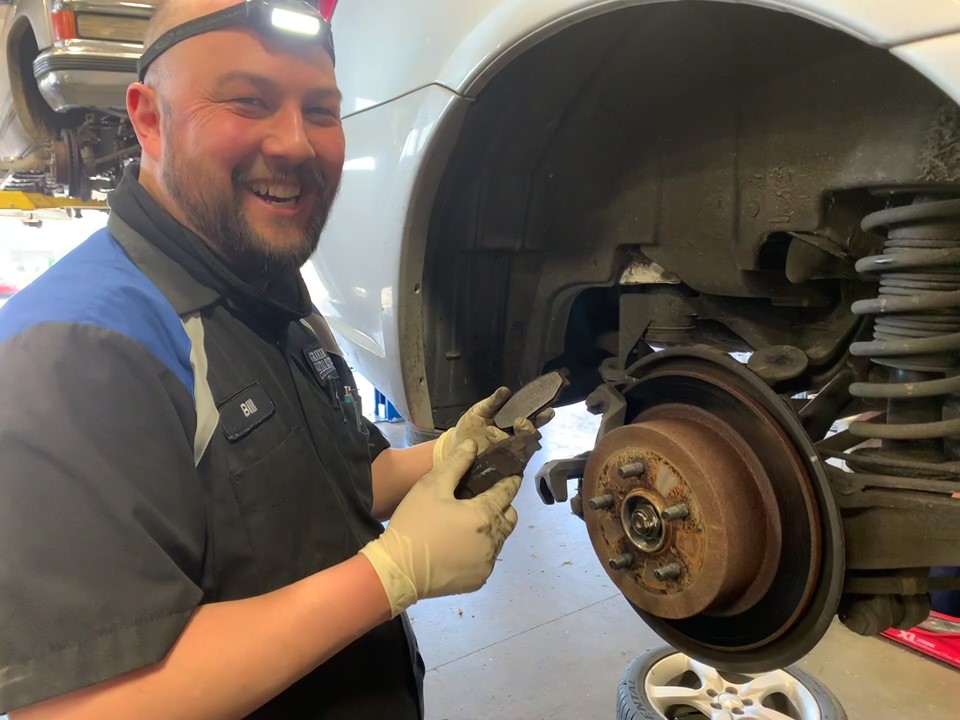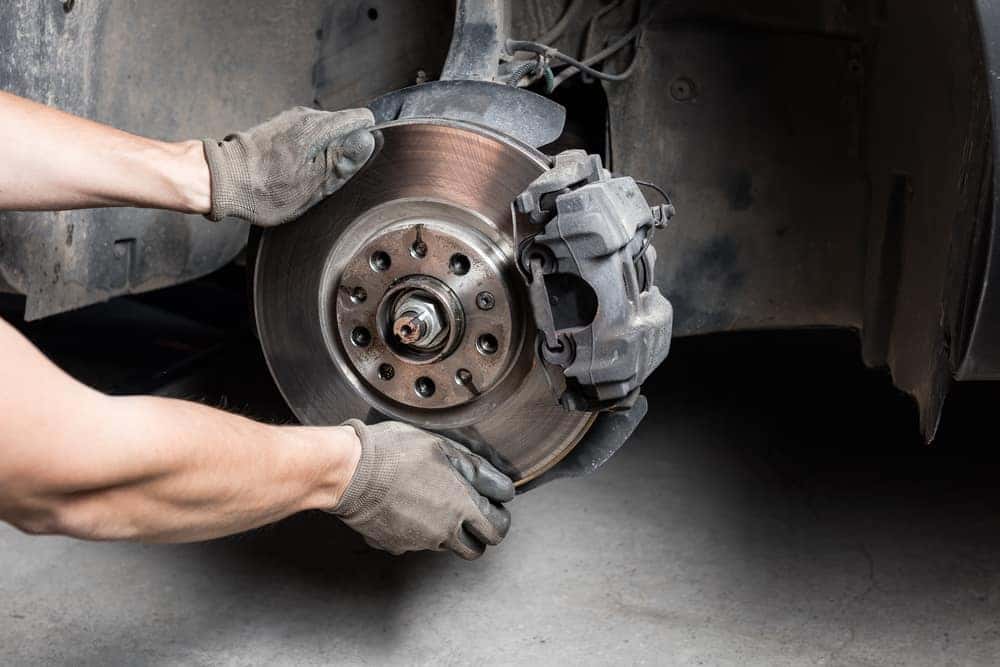Imperial Point, FL Auto Repair & Maintenance

- brake maintenance Kendall Green, FLReplacement brake hardware: Ensure Performance and safety

For your car's safety and performance on the road, maintaining the braking system is essential. Replacement of brake hardware is a crucial step in this maintenance procedure. In this thorough guide, we'll discuss the steps involved in replacing brake hardware, the significance of doing so, and the warning signs that it's time. This article will offer insightful information on brake hardware for both experienced mechanics and car owners who want to learn more.
Why Repairing Brake Hardware Is Important
- First and foremost, a vehicle's braking system is one of the most important safety features. Brake hardware can deteriorate over time, reducing braking efficiency and creating potentially dangerous situations. When your car has worn-out brake hardware, you can stop it quickly when needed, which lowers the risk of accidents.
- Optimal Performance: Your brakes' smooth operation depends on the performance of your brake hardware, which includes parts like caliper pins, clips, and shims. When necessary, replacing these parts can improve the performance of your braking system, giving you a more comfortable driving experience.
- Extended Brake Pad Life: Uneven wear on brake pads can be caused by worn or damaged brake hardware. You can increase the life of your brake pads and ultimately save money on replacement costs by replacing the hardware.
Evidence that Brake Hardware Replacement Is Required
BMW Brakes Service & Repair in Imperial Point, FL

(brake rotor resurfacing Palm Aire, FL)To keep your car's safety and performance, knowing when to replace the brake hardware is crucial. Watch out for these typical symptoms:
- When applying the brakes, you may hear high-pitched noises that indicate worn-out brake hardware. This is known as squeaking or silo-clasping. Friction between the hardware components is a common cause of squeaking noises.
- Reduced Braking Performance: A noticeable decline in your car's braking performance, such as longer stopping distances or a soft brake pedal, may indicate that the system needs to be replaced.
- Wear Uneven Brake Pads: Regularly inspect your brake pads. If you notice that they are wearing unevenly, the uneven pressure distribution may be caused by faulty hardware.
- Vibration or Pulsation: Warped brake hardware or damaged components may be to blame if you feel vibrations or pulsations when applying the brakes.
- Visible Damage: The brake hardware may occasionally be visually examined. Look for indications of physical harm, rust, or corrosion. Any faulty hardware needs to be replaced right away.
The process of replacing brake hardware
You can replace your brake hardware by using the following procedures:
- Gather the necessary Tools: You will require a socket set, pliers, and c-clamp, among other simple hand tools. Have brand-new brake hardware parts prepared for installation as well.
- First and foremost, make sure the parking brake is engaged and your car is parked on a level surface. Wear appropriate safety gear, such as gloves and safety glasses, and use wheel chocks to secure the car.
- Remove the Wheel: Unlock the lug nuts on the wheel connected to the new brake hardware. Use a jack to lift the car, and then secure it with jack stands. After that, completely remove the wheel.
- The brake caliper and bracket are located in the brake hardware section. You might need to take out the caliper in order to access the hardware, depending on your car. For advice, consult the repair manual for your car.
- Remove outdated hardware components, such as caliper pins, clips, and shims. Make sure the mounting surfaces are thoroughly cleaned. Replace the missing hardware components with new ones.
- Reassemble and Test: The brake caliper and bracket should be carefully reassembled, and all parts must be securely fastened. Bolts and pins should be tightened to the manufacturer's specifications. Check the brake pedal's firmness before turning the wheel back on.
- Installing a wheel involves putting it back on and manually tightening the lug nuts. Use a torque wrench to tighten the lug nuts to the suggested torque settings after lowering the vehicle off the car's jack stands.
- Brake Bedding: It's crucial to properly bed in the new parts after replacing the brake hardware. To ensure optimal performance, adhere to the bedding - in procedure listed in your car's manual.
- Final inspection: Double-check that every piece of hardware is firmly in place. While driving, keep an ear out for any strange noises to make sure the brake hardware replacement was successful.
Conclusion
Brake Repair North Andrews Gardens, FL Boca Raton - Dr Brakes Complete Auto Repair
A crucial component of vehicle maintenance that should not be disregarded is the replacement of brake hardware. It guarantees both your road safety and the best possible performance of your braking system. You can keep your car's braking system running smoothly by spotting the telltale signs of worn-out hardware and carrying out the right replacement procedure.
Remember that it's always a good idea to seek the advice of an experienced mechanic if you're unsure about performing brake hardware replacement yourself. A well-maintained braking system is essential to achieving your safety, which is of the utmost importance.
Full Article website here